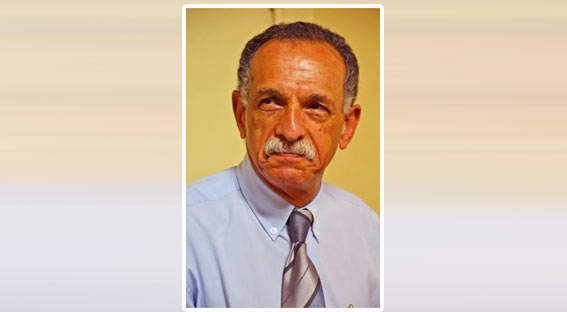The world is holding its breath in anticipation of how the situation in Sudan would develop; the full dimensions of this situation have yet to be fathomed. The main concern is that the Sudanese Revolution would not suffer a setback that would usurp the dreams of Sudan’s people.
Egypt and Sudan have bonds that go beyond the geographical sharing of the Nile River and Valley, and the time honoured historical bonds. In modern times, the political situation in the two countries has run through many parallels. Egypt experienced a three-decade-long rule by President Hosny Mubarak who stepped down following the 25 January 2011 Arab Spring uprising which gave rise to political Islam and Muslim Brotherhood (MB) hegemony. The MB were overthrown by military intervention on behalf of the massive millions-strong Egyptian people’s revolution on 30 June 2013. In Sudan, the long-time Islamist rule of President Omar Bashir and the MB led to monumental public wrath; the people in their millions took to the streets in protest; the Sudanese armed forces aligned with the people, toppled Bashir, and rid the country of political Islam and the MB.
Again, let me stress the stark similarity between Egypt and Sudan. Egypt’s 30 June 2013 Revolution taught Egyptians that not all military intervention can be termed “coup d’état”; in fact, it can be a commendable intervention demanded by the people to put an end to the brutality of an authority that jeopardises their destiny and freedom. Understandably, such considerations may seem alien and hard to fathom when measured against western standards and norms of democracy and civic governance, where the military never interfere with civil authority. But our experience in Egypt is different: the military sided with the people’s will and intervened to save the nation from slipping into brutal conflict between the peaceful unarmed people and the heavily armed Islamist militias. In this light, we must thoroughly study the latest developments in Sudan, in order to find the answer to the question: who is usurping the Sudanese Revolution, the civilians or the military?
It is easy to swallow western declarations in this regard—those issued by the US or the EU—which all go along the lines of “supporting democratic transition in Sudan”; “urging all parties to renew their commitment to work together to uphold the Constitutional Declaration”; “reviewing the current political crisis in the country, and ways to get out of it”. One cannot help but wonder whether these statements reflect a denial of the crisis sweeping Sudan and threatening its revolution, or whether they reflect a hidden intention to draw Sudan into a civil war that would tear it apart and lead to utter fragmentation and division. Again I say that we Egyptians know better than to gulp down such declarations; we know very well the difference between military intervention to save a nation as opposed to seizing power.
Lieutenant General Abdel-Fattah al-Burhan, Head of the Sudanese Military and Chairman of the Transitional Sovereign Council, justified his decisions to declare a state of emergency in Sudan and dissolve the transitional Sovereign Council and Cabinet by saying: “what Sudan is currently going through is serious, because it exposes severe political division”; “the political forces’ rivalry for power and their inciting of chaos without giving a second thought to the economy and security of Sudan that are being jeopardised, drove the armed forces to do what needs to be done to preserve Sudan’s Revolution”; “the divisions and conflicts that broke out between the governing partners sound a serious alarm that threatens the nation”. Accordingly, there was need for intervention in order to avoid matters getting out of control or Sudan drifting into reckless chaos as planned by parties that were removed from power and wish to seize it back and usurp Sudan’s revolution. We in Egypt are well aware of these repercussions; we have been there, and it was only the unity of the Egyptian people and their complete confidence in their armed forces that saved Egypt from that fatal destiny.
So let US President Joe Biden rain upon us democratic rhetoric of the type: “the civilian-led transitional government must be restored”; “the United States will continue to stand with the people of Sudan and their non-violent struggle”; “our message to Sudan’s military authorities is overwhelming and clear: the Sudanese people must be allowed to protest peacefully and the civilian-led transitional government must be restored, and to immediately release all those detained and restore the institutions associated with the transitional government”; in total disregard of the divisions and conflict in Sudan, and the street wars which could very well turn into a civil war that would wipe out the Sudanese Revolution. And why shouldn’t he? Did not President Barack Obama, under similar circumstances, send Egypt’s President Mubarak a firm warning to step down in favour of the [Islamist MB] forces of fanaticism and destruction? But Divine providence had for Egypt another say. So let us pray for peace for Sudan and its people.
Watani International
5 November 2021










